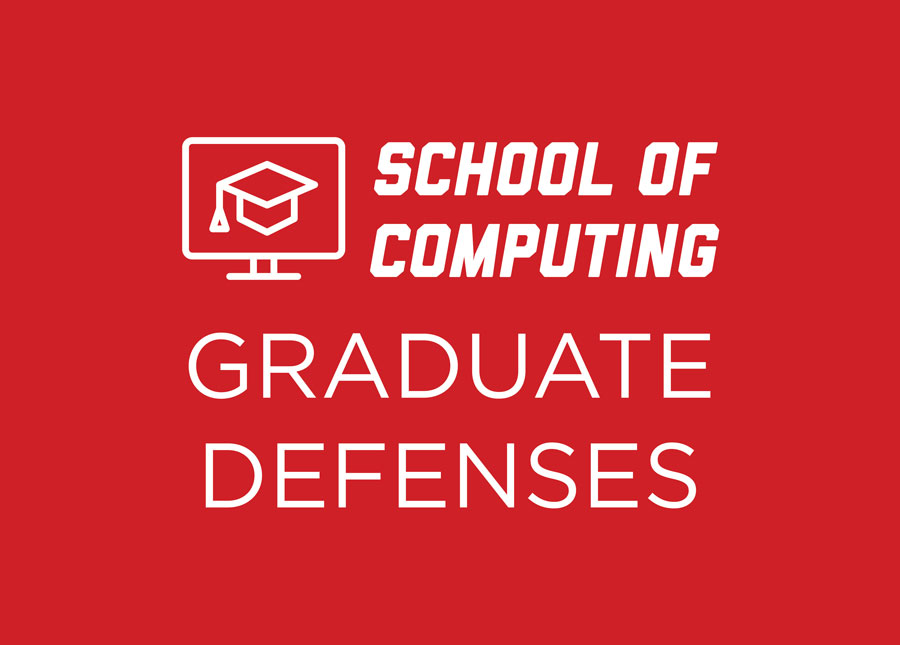
M.S. Thesis Defense: M A U Shariff
Thursday, June 19, 2025
10:00 AM
211 Schorr Center and Zoom: https://unl.zoom.us/j/91661116291
"Traffic Prediction For Research And Education Networks: Anomaly-Aware Deep Learning And Benchmarking"
Research and Education Networks (RENs) and High-Performance Computing (HPC) environments are critical infrastructures for modern scientific discovery, demanding sustained high-throughput and low-latency data transfers. Unlike commercial networks, RENs exhibit unique traffic characteristics, including predominant 'elephant flows,' inherent burstiness, and complex temporal-spatial dynamics often decoupled from human-driven cycles. Traditional traffic forecasting methods, tailored for commercial Wide Area Networks (WANs), consistently fail to capture these distinct REN dynamics, leading to inefficient resource management and potential impediments to scientific progress.
This thesis addresses this critical gap by developing and validating a robust, scalable, and anomaly-aware traffic forecasting framework specifically tailored for REN/HPC networks. Our contributions are threefold: (1) We developed and analyzed a two-month, multi-billion-packet traffic corpus from ten Internet2 core routers, overcoming data scarcity challenges and providing a unique foundation for large-scale empirical analysis. (2) We designed and empirically validated a novel hybrid GRU-LSTM model that effectively captures both long-term dependencies and short-term fluctuations in REN traffic, demonstrating the critical impact of prediction lead time on operational utility. (3) We integrated Isolation Forest anomaly detection into forecasting models, significantly enhancing robustness against unexpected traffic surges, and conducted comprehensive benchmarking of various state-of-the-art deep learning models (N-BEATS, TiDE, PatchTST) to assess their performance with anomaly awareness.
Our findings demonstrate that tailored hybrid deep learning models, augmented with anomaly detection and optimized for lead time, achieve superior forecasting accuracy and robustness in REN environments. This work provides valuable tools for proactive resource management, congestion prevention, and optimized network operations, thereby accelerating scientific discovery and ensuring the efficient utilization of critical digital infrastructures.
Committee
• Dr. Byrav Ramamurthy, Advisor
• Dr. Lisong Xu
• Dr. Sasitharan Balasubramaniam